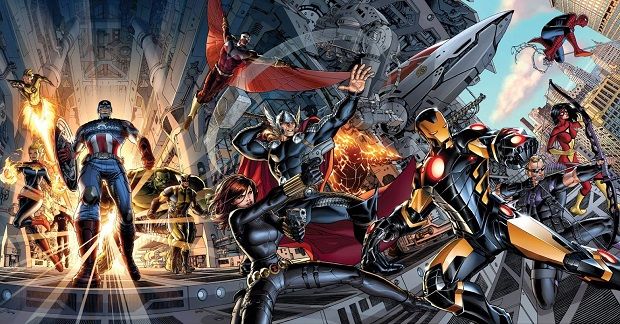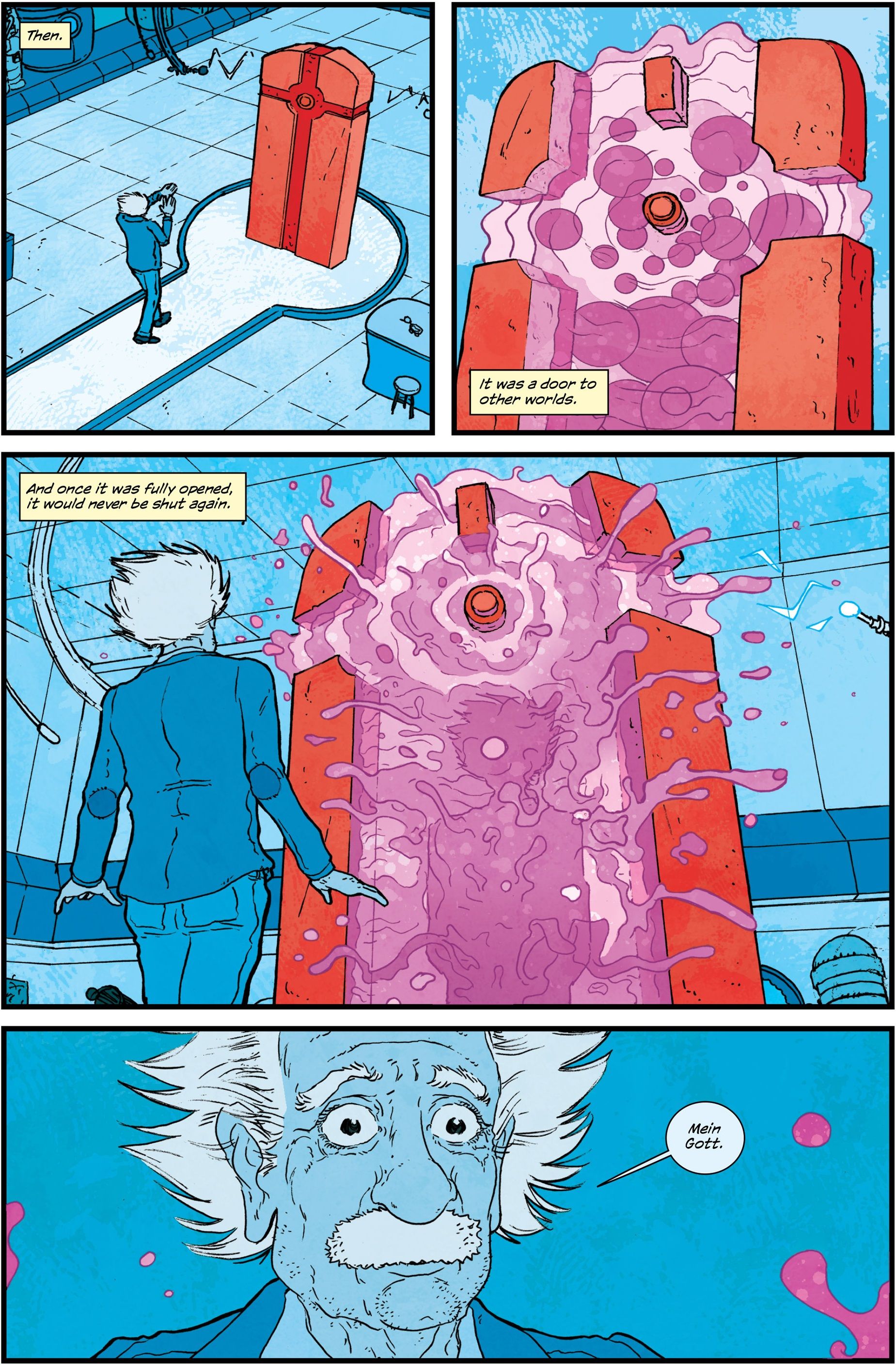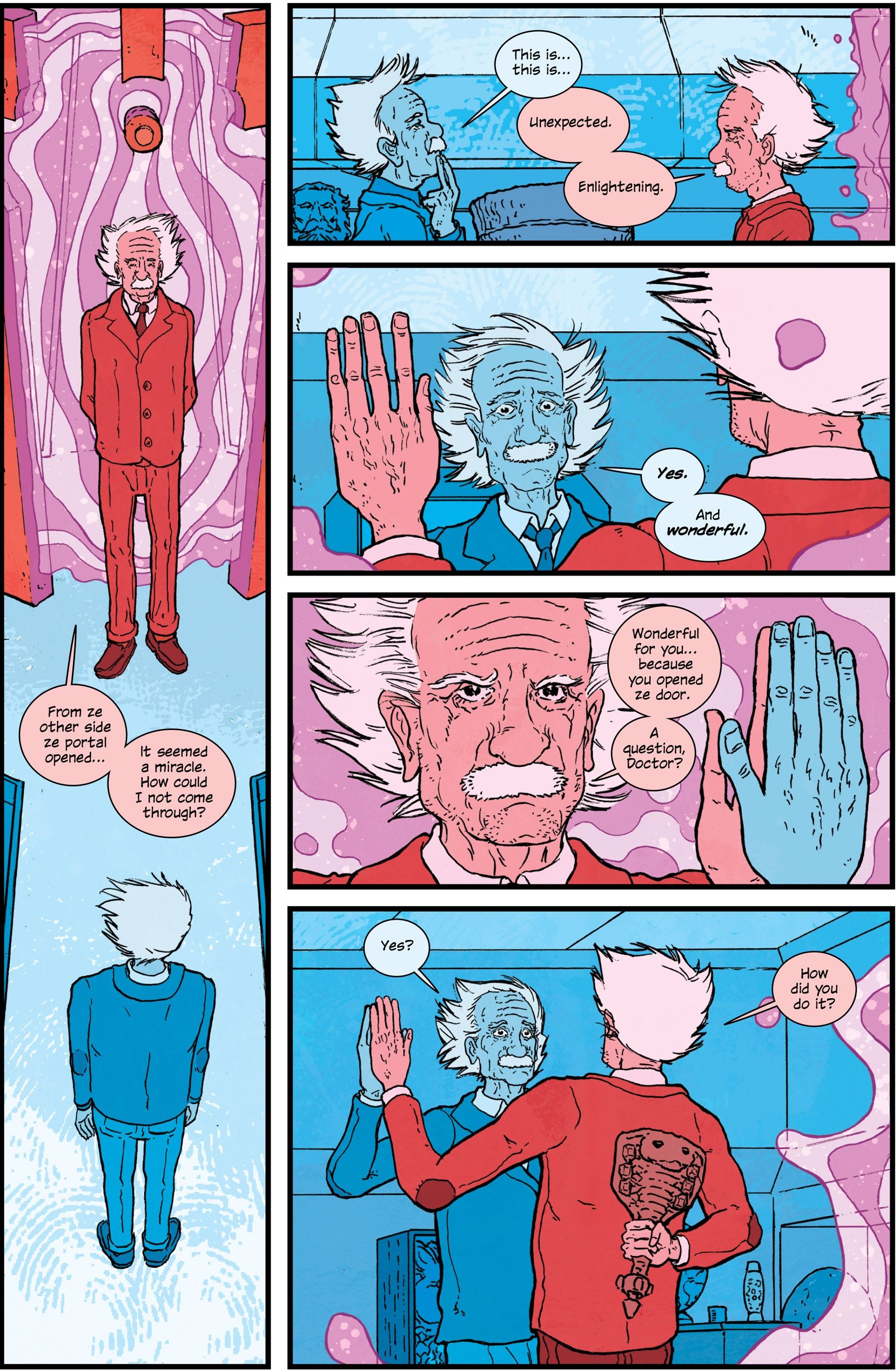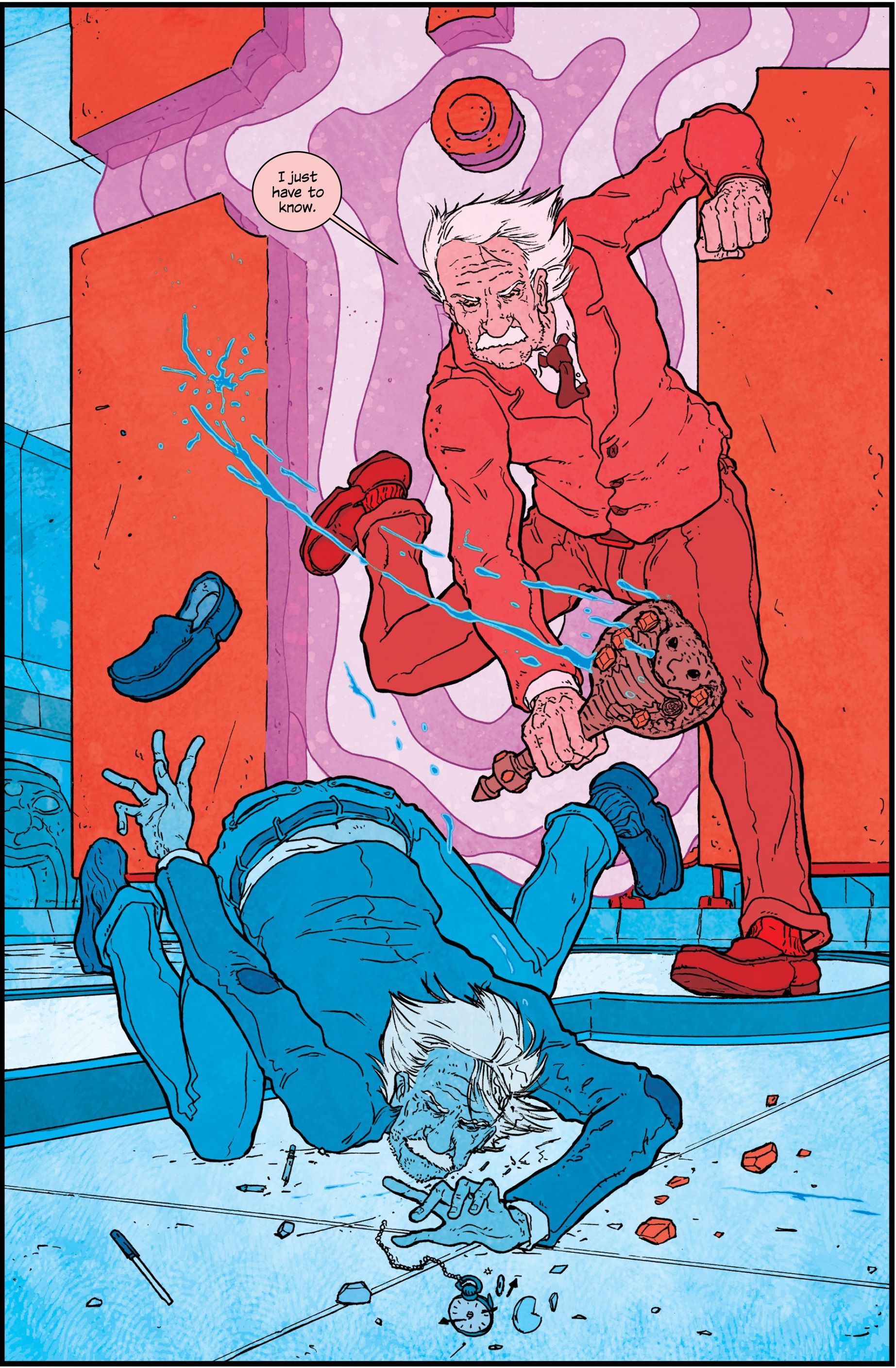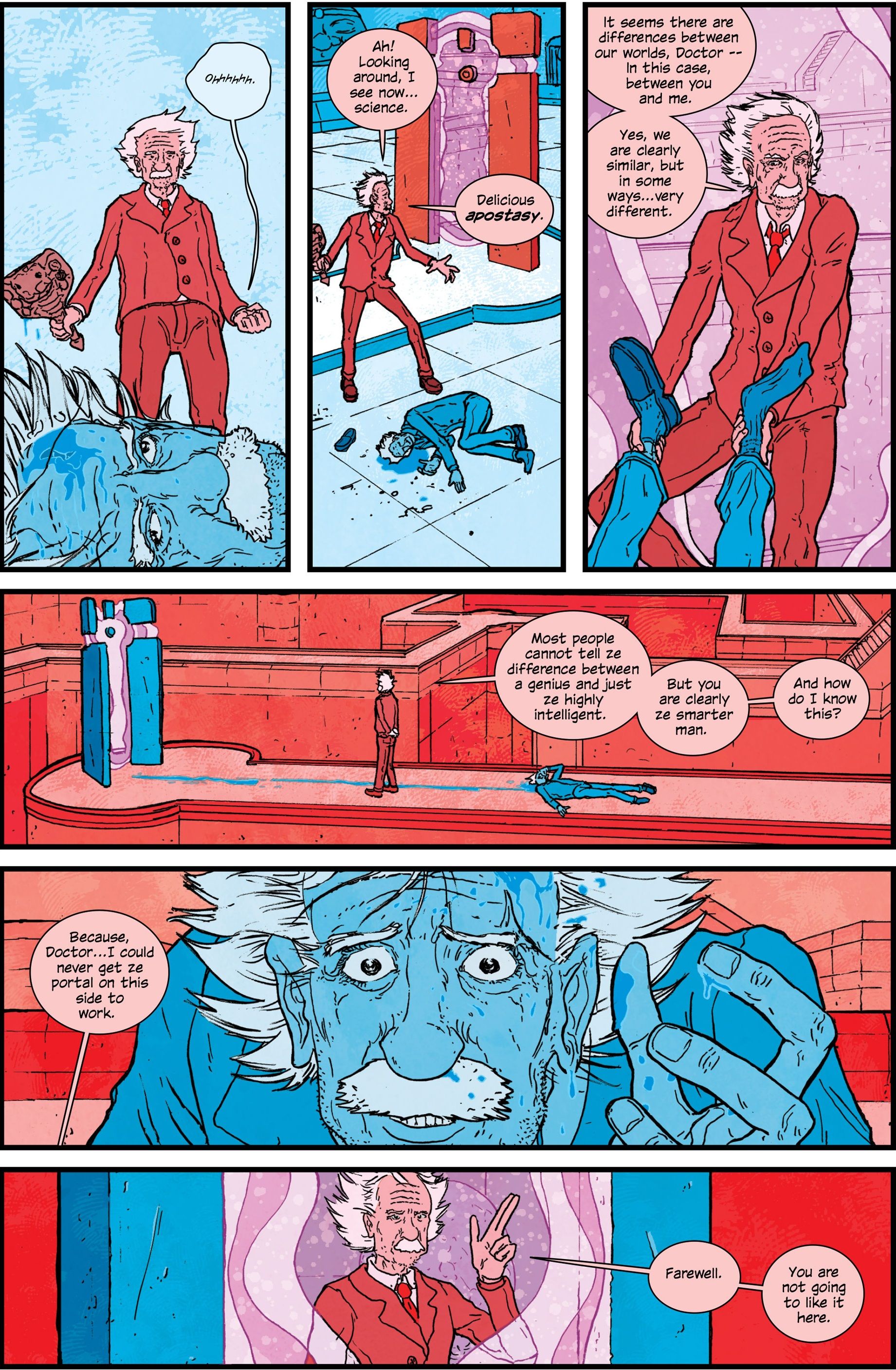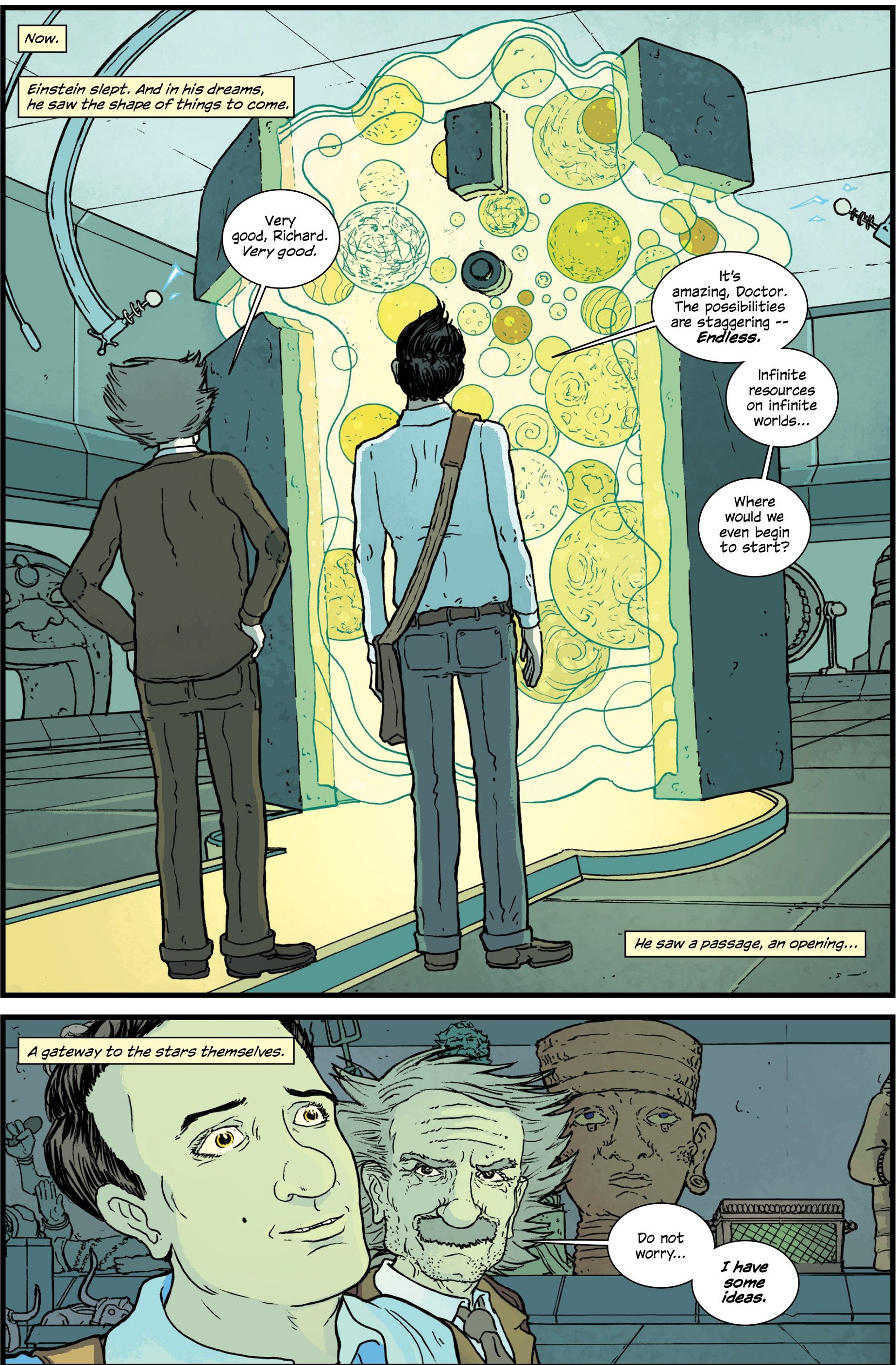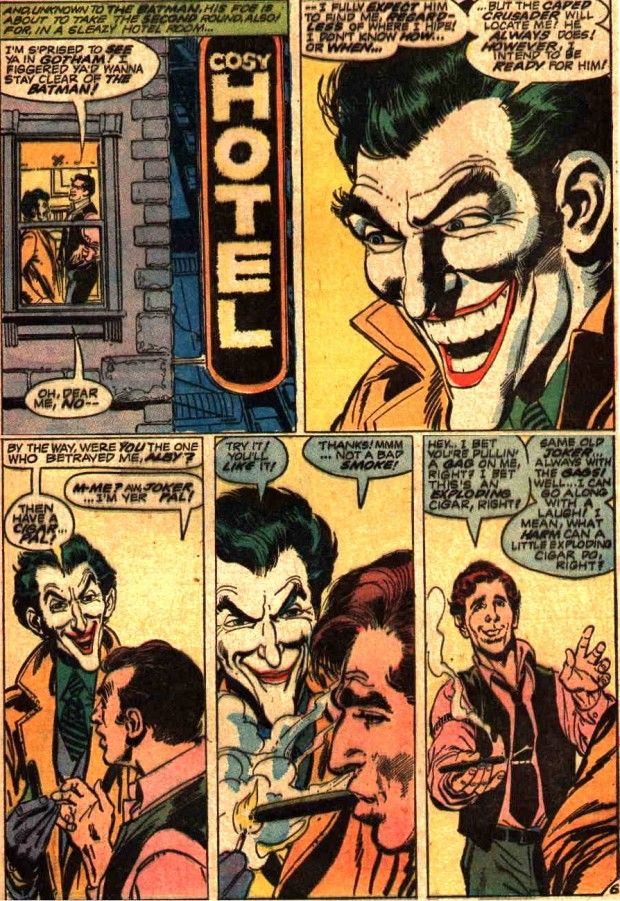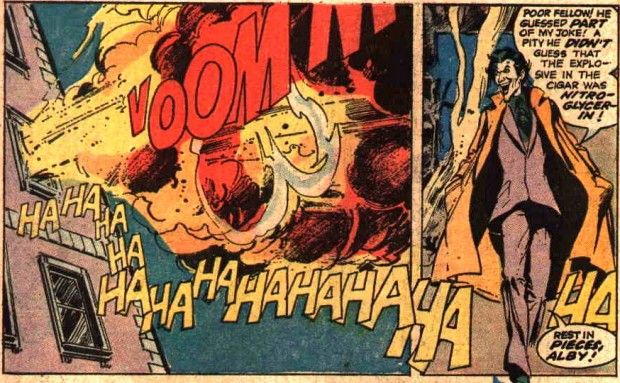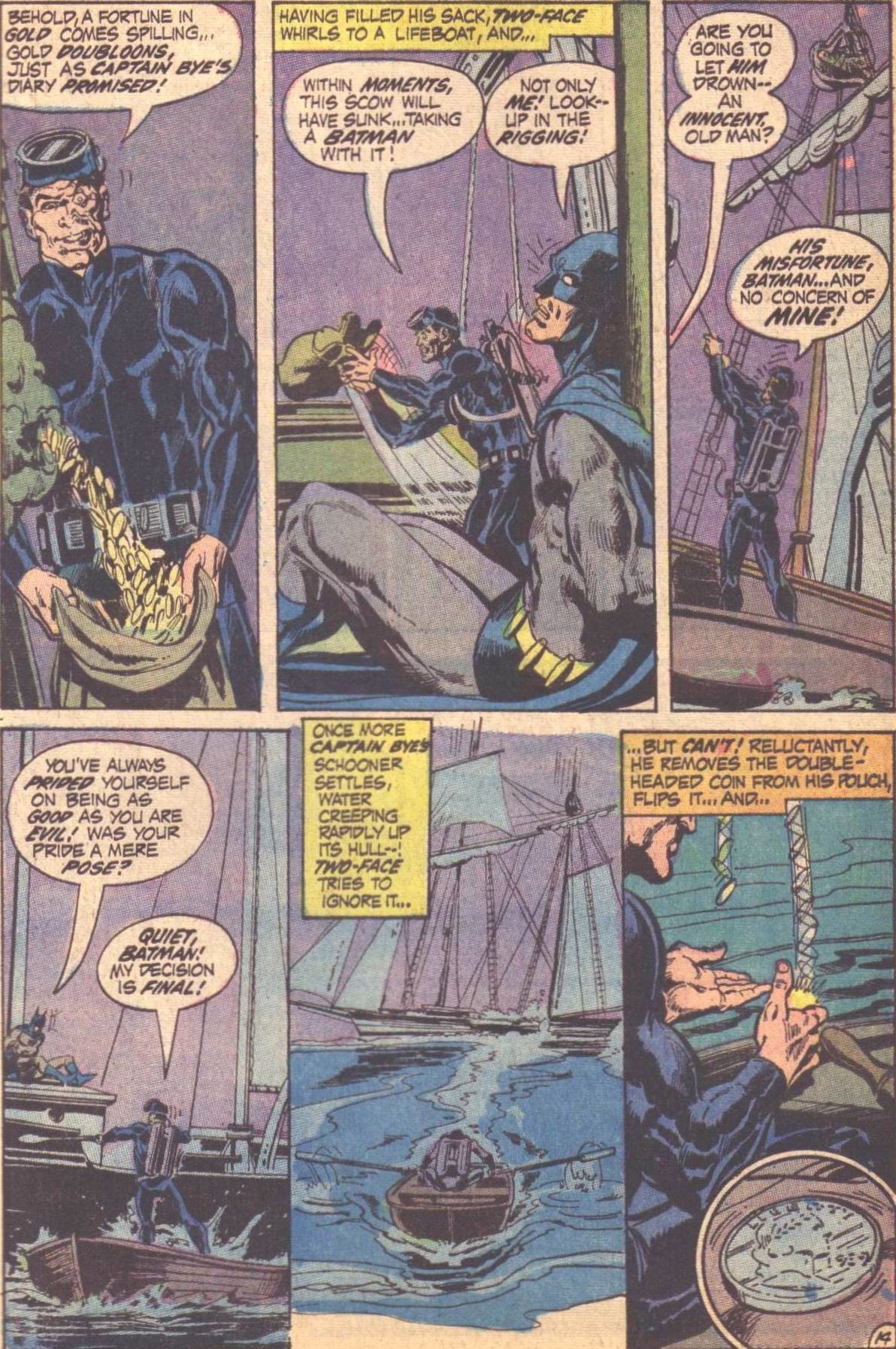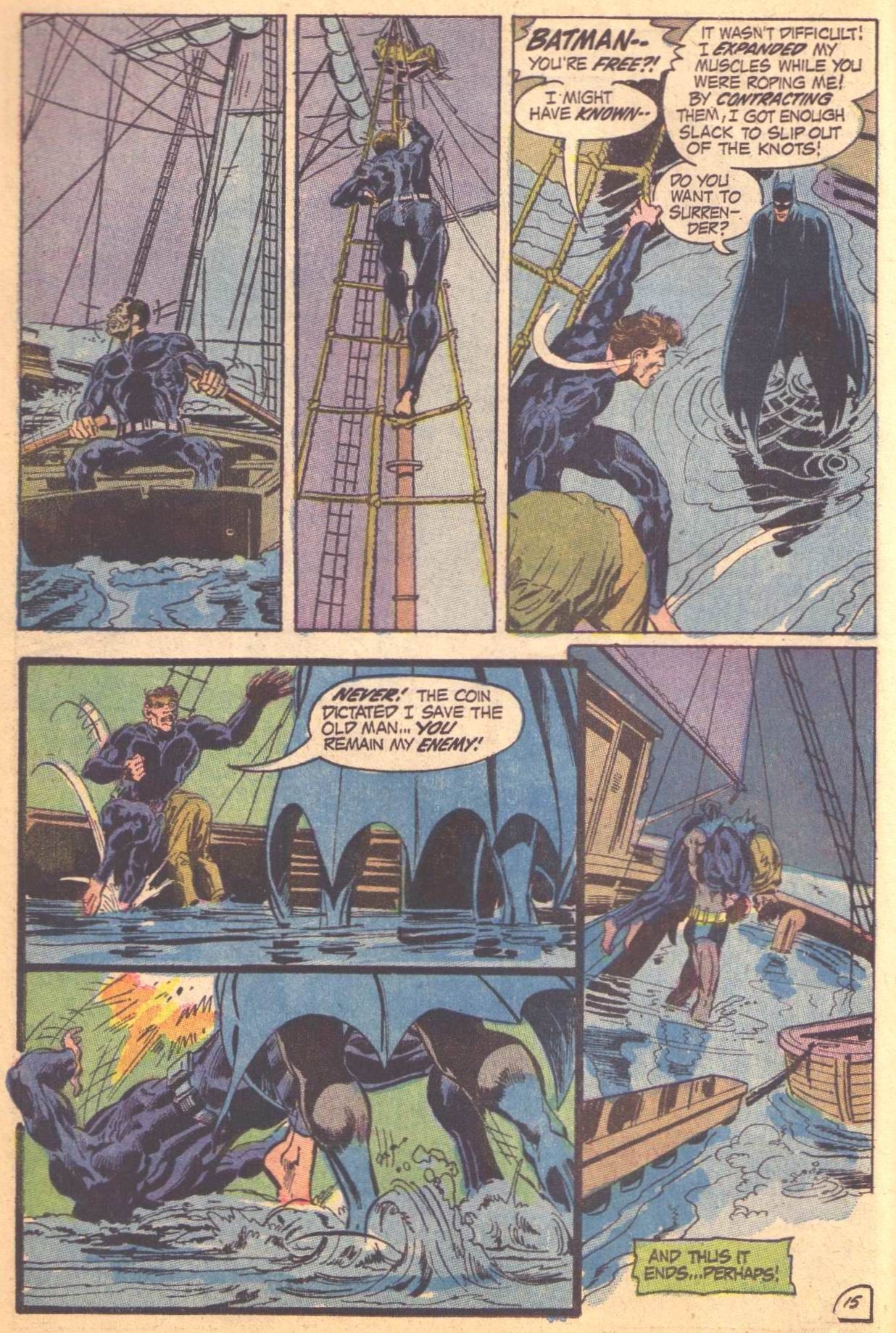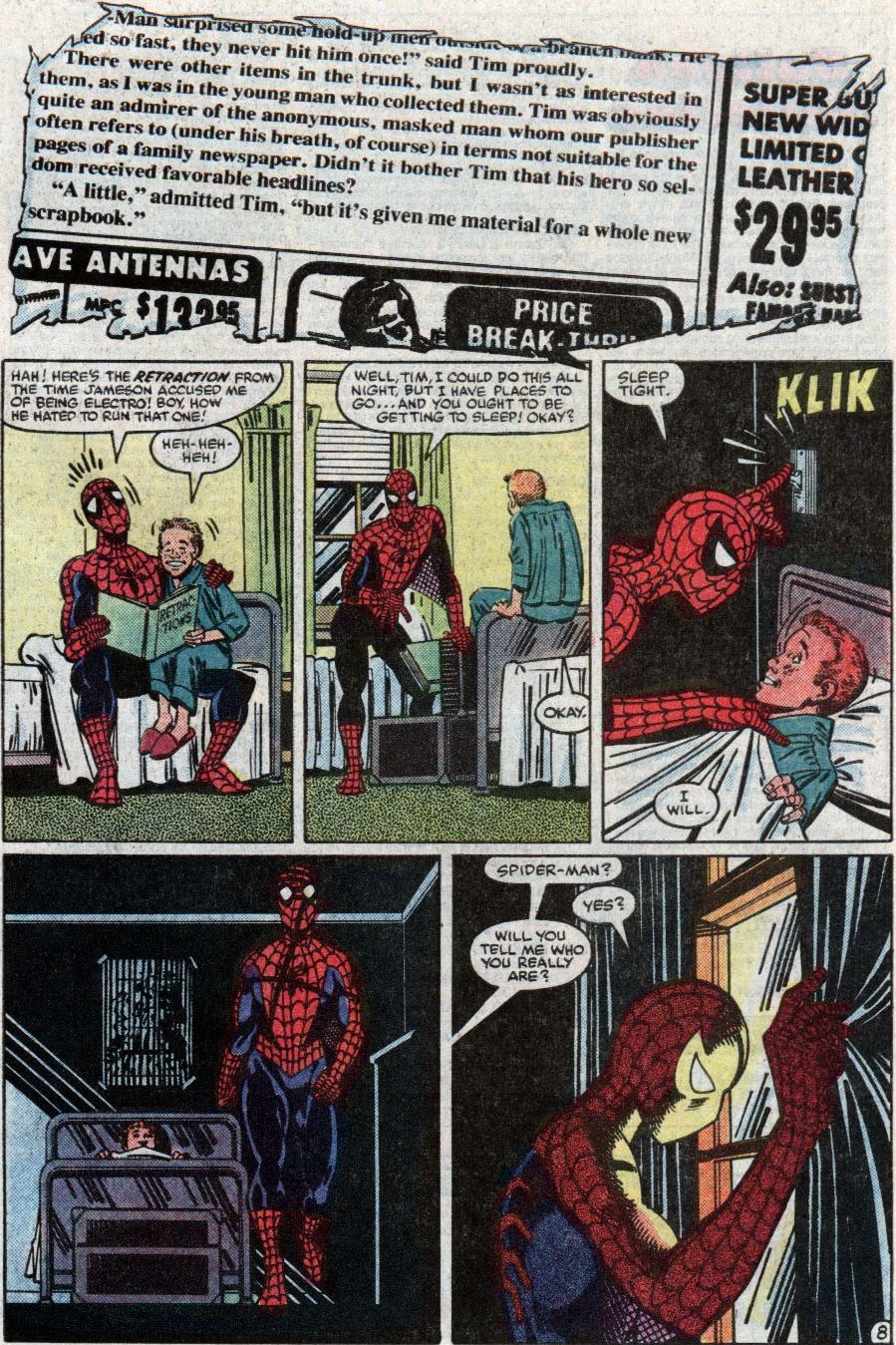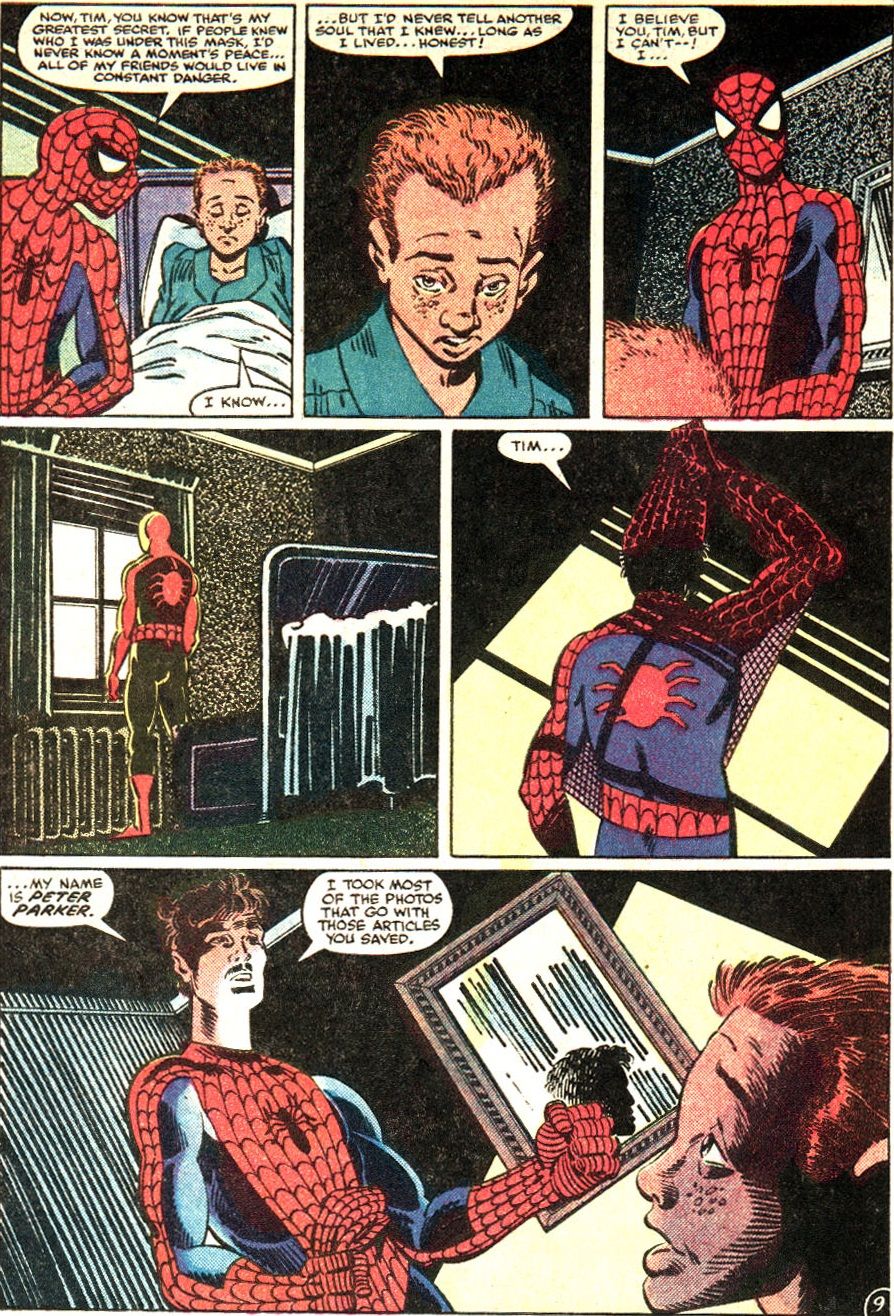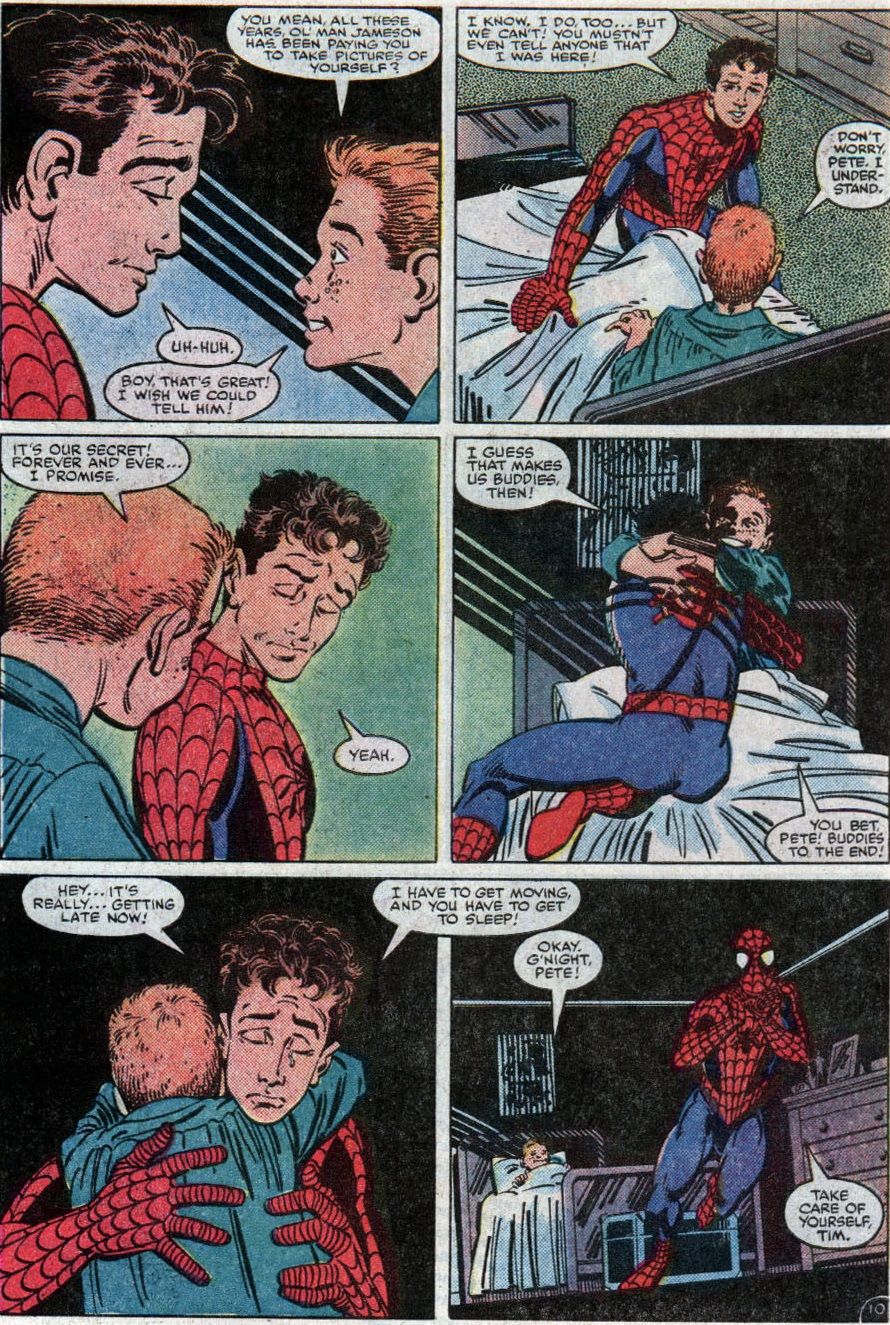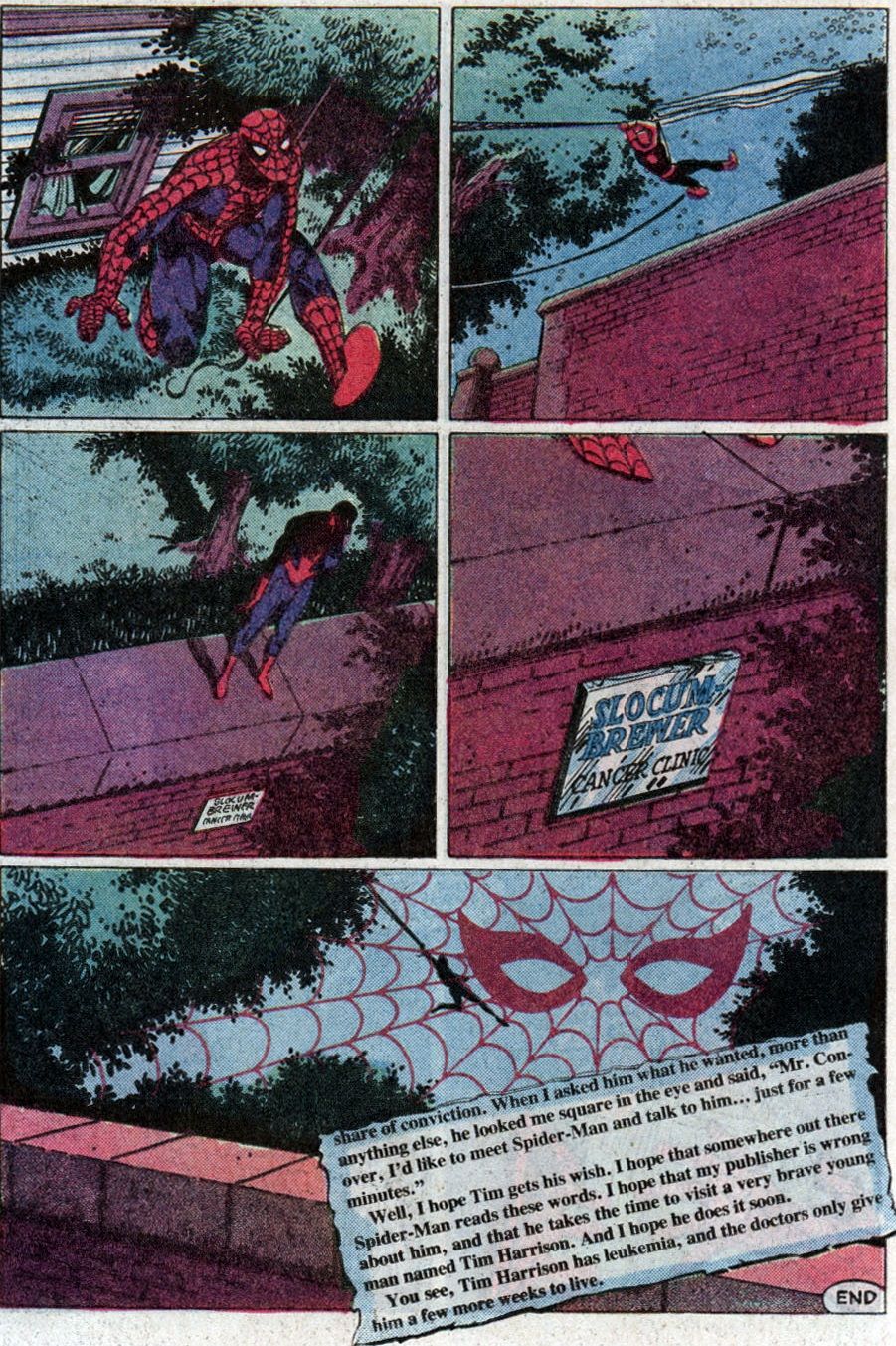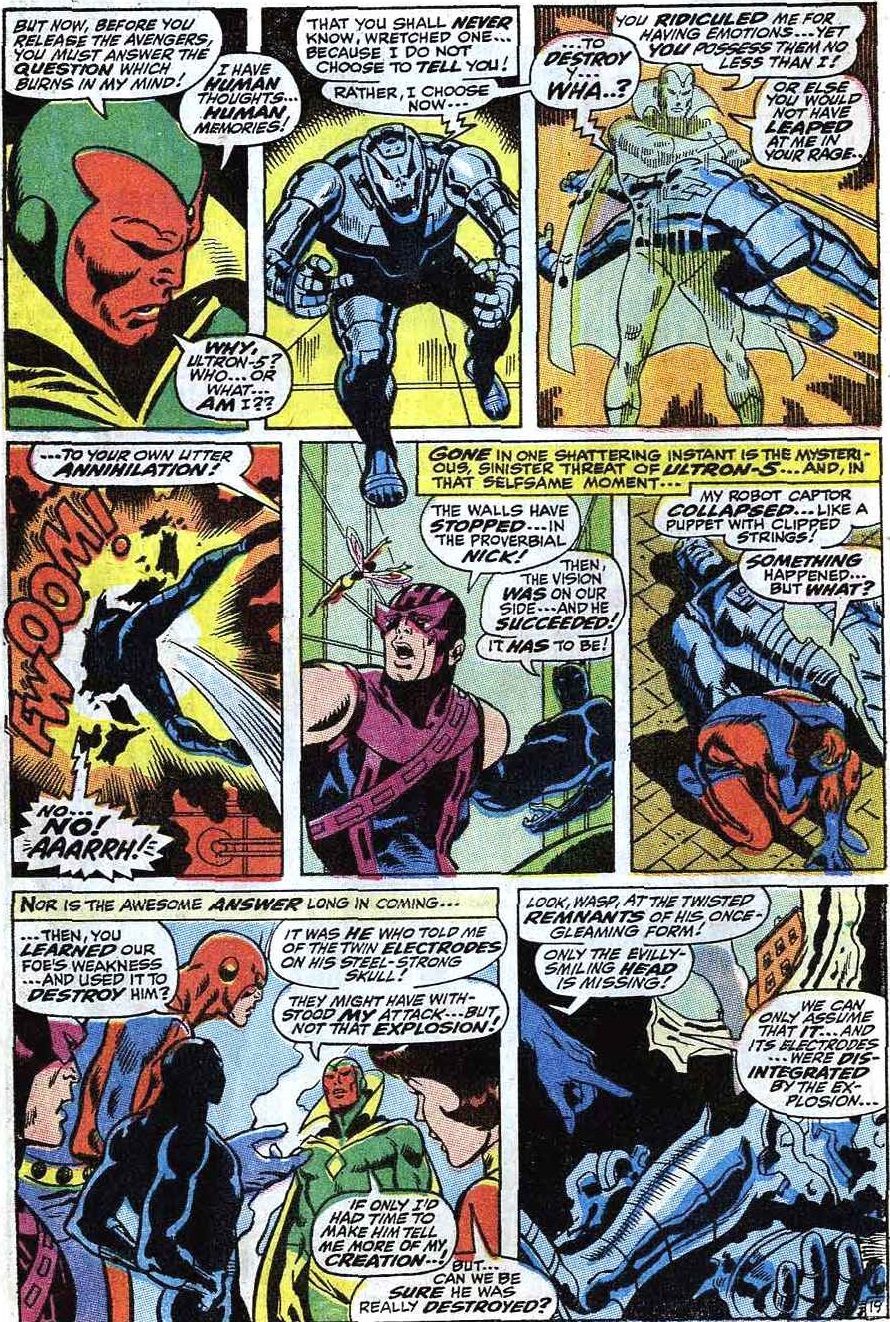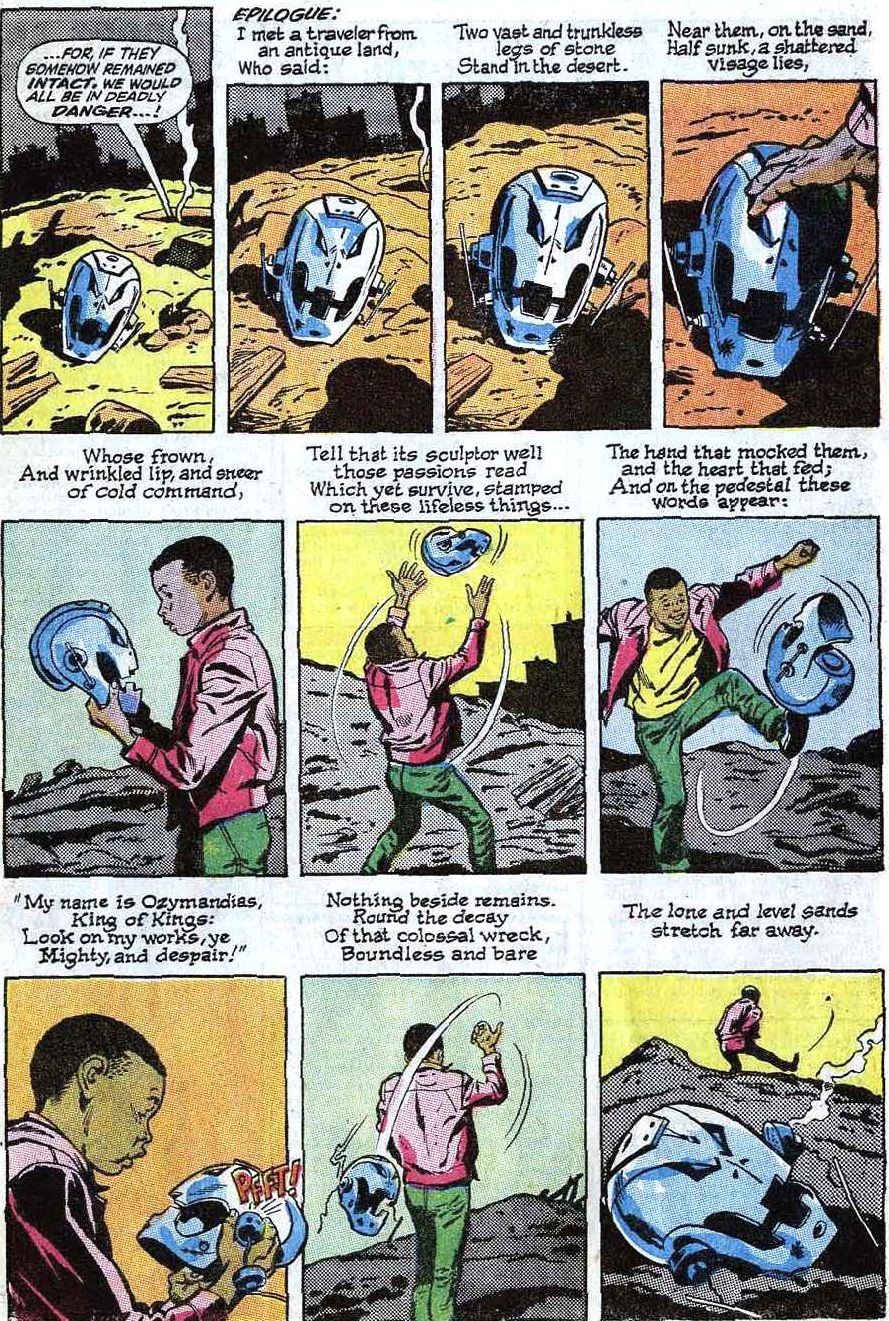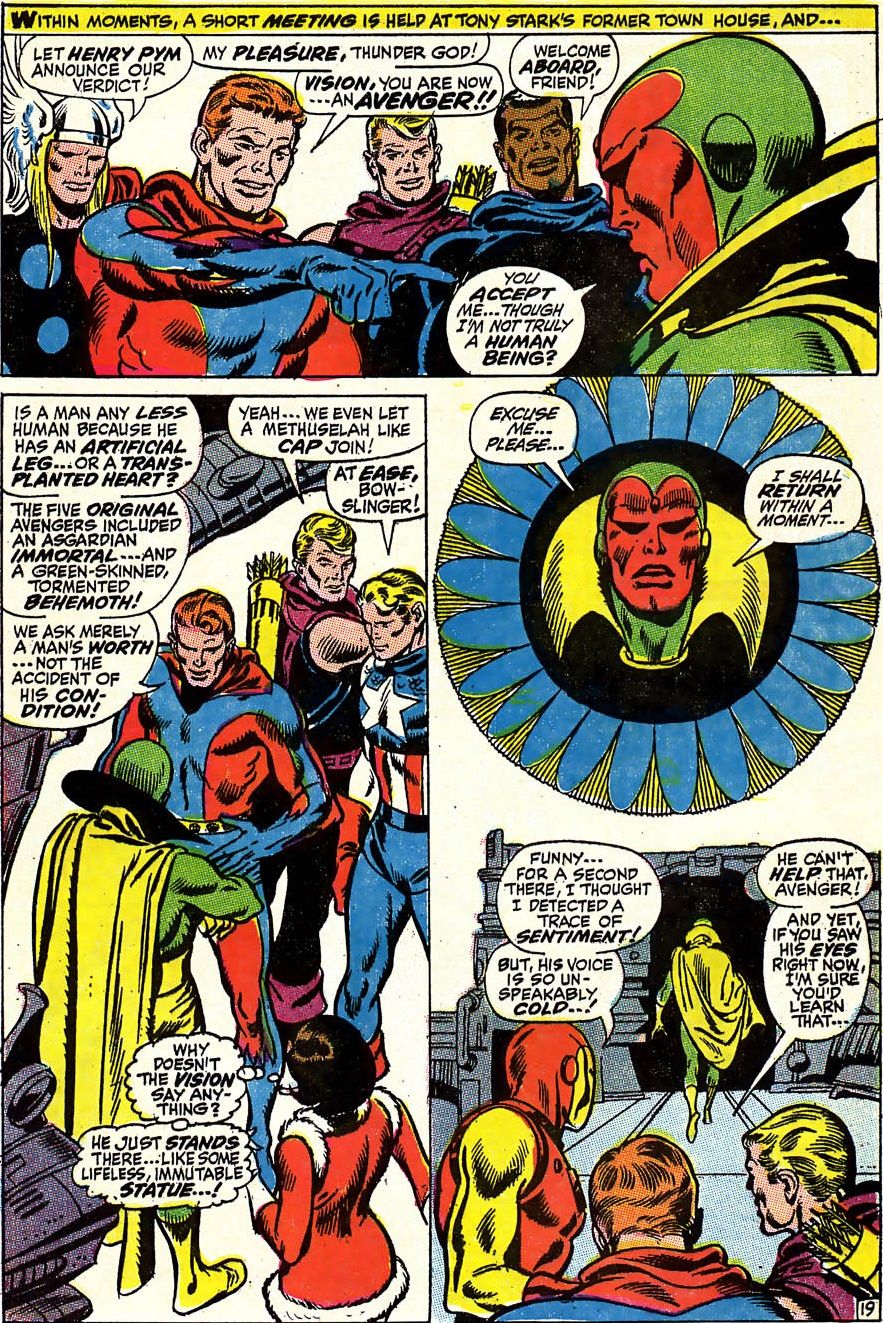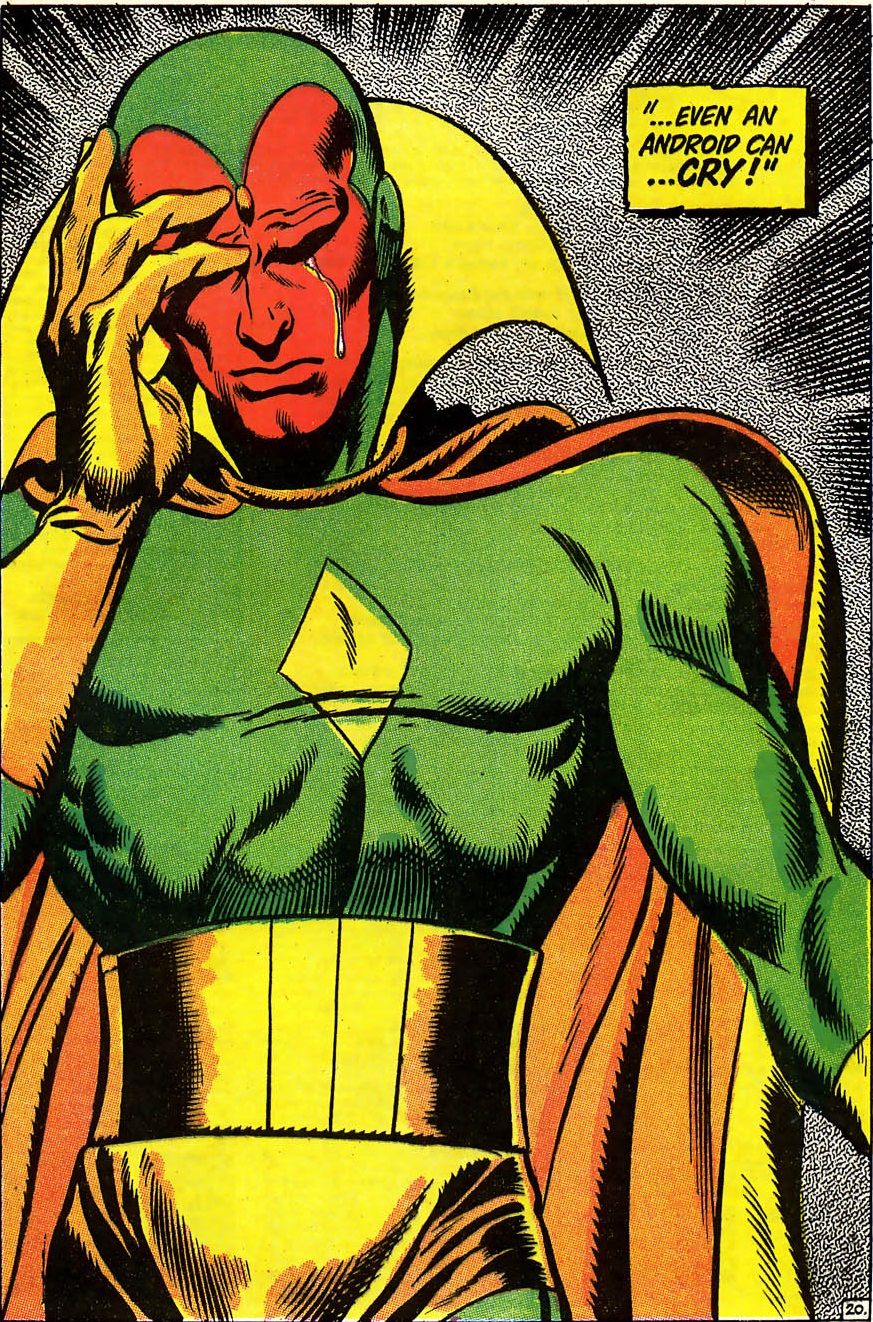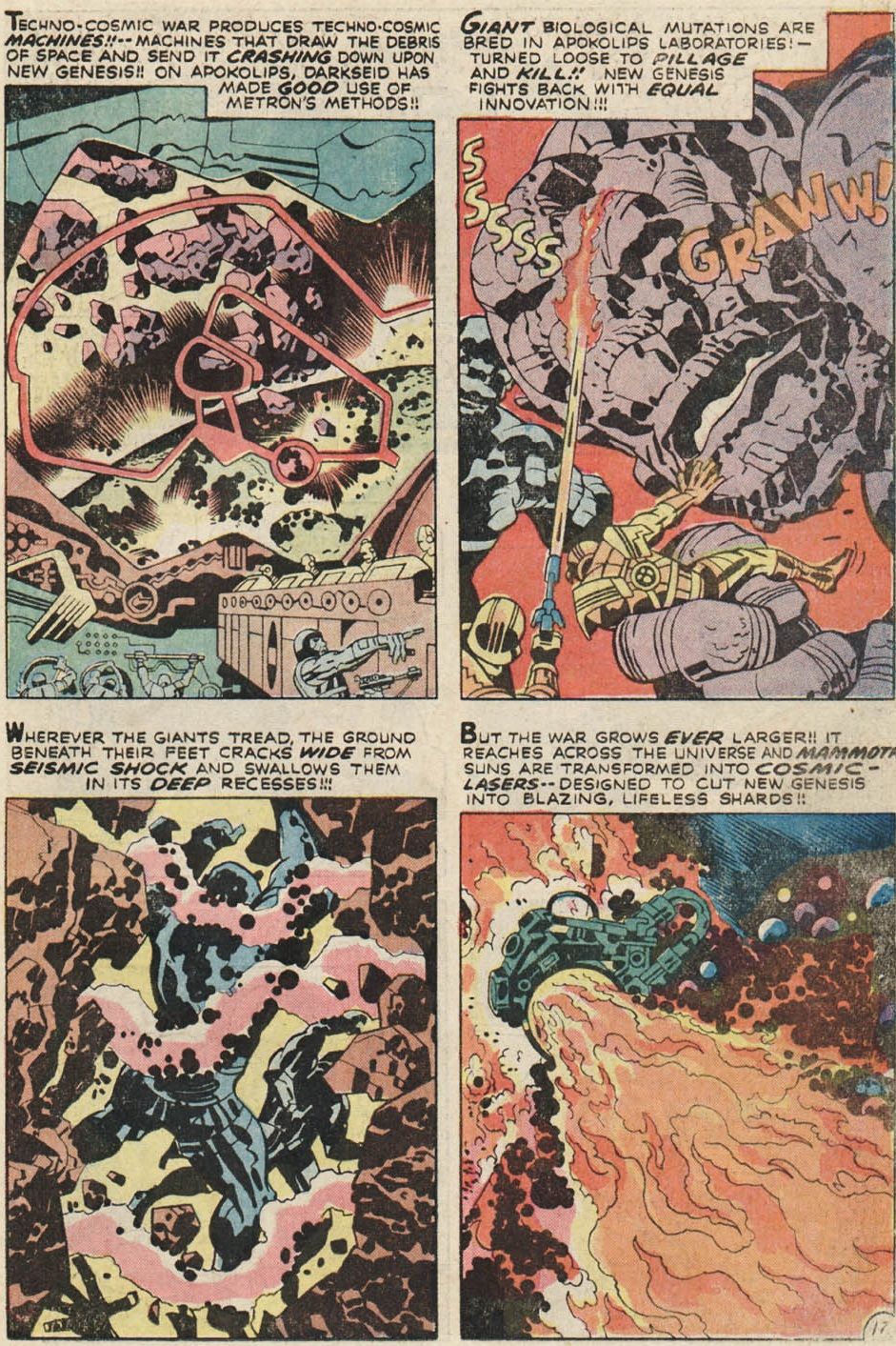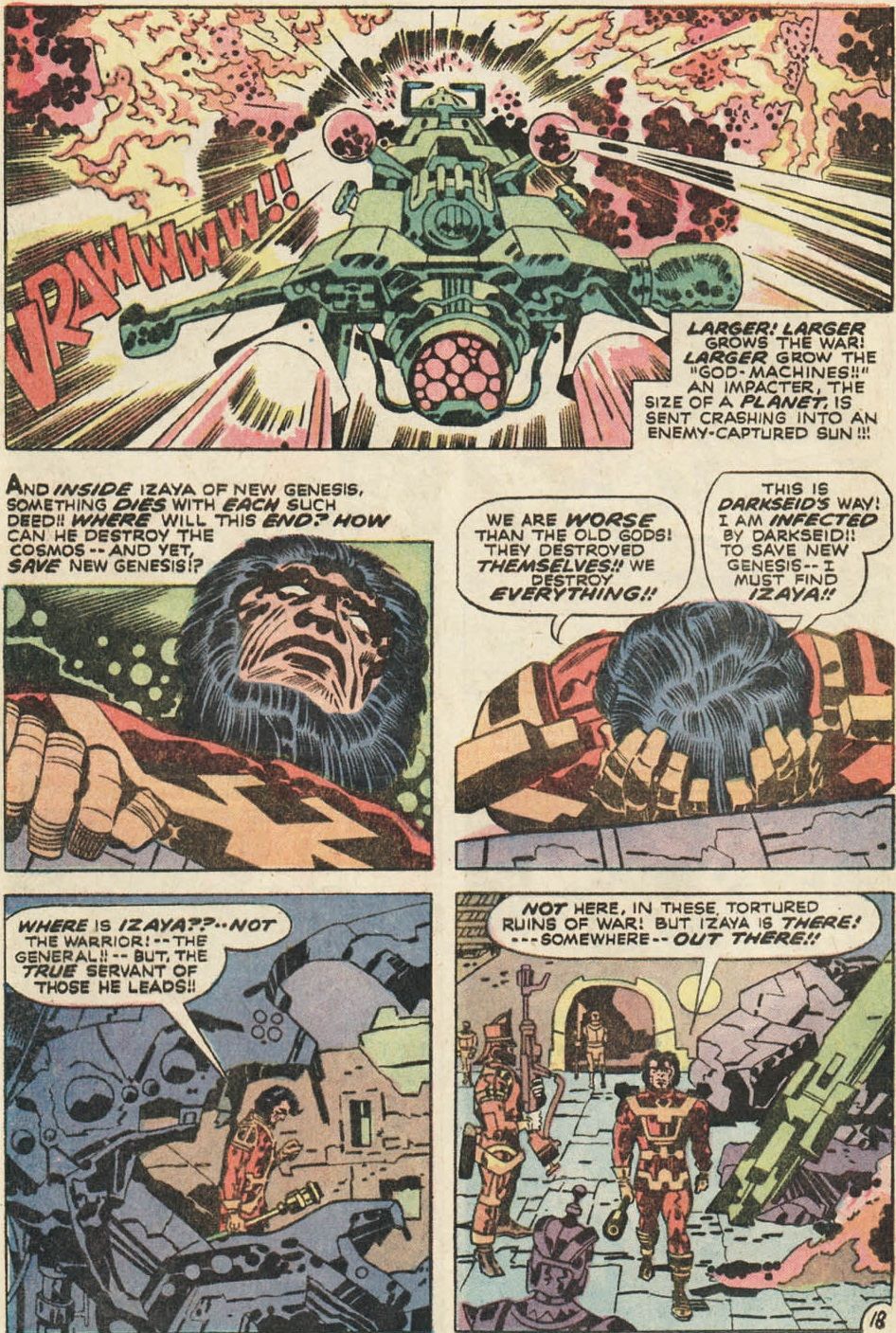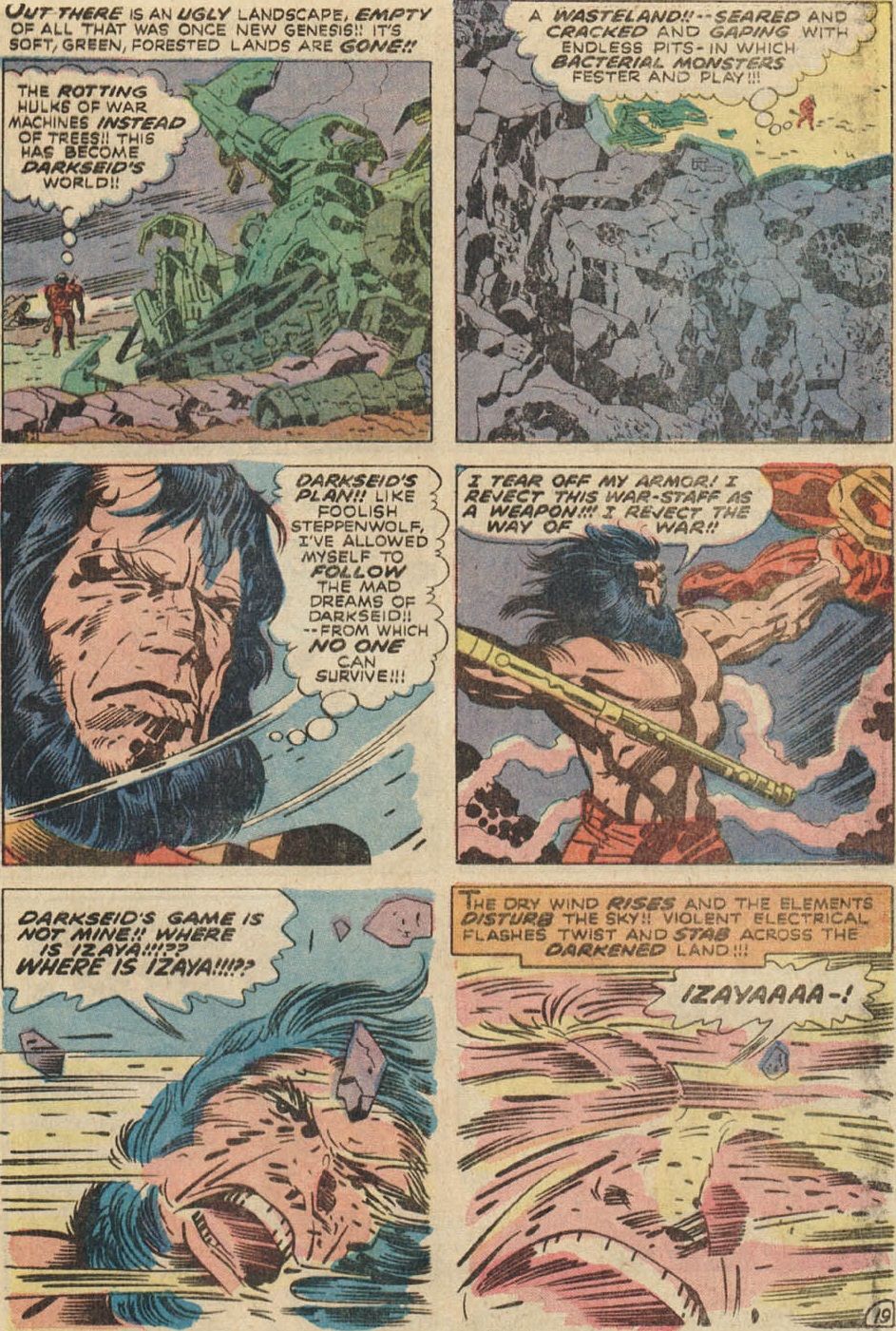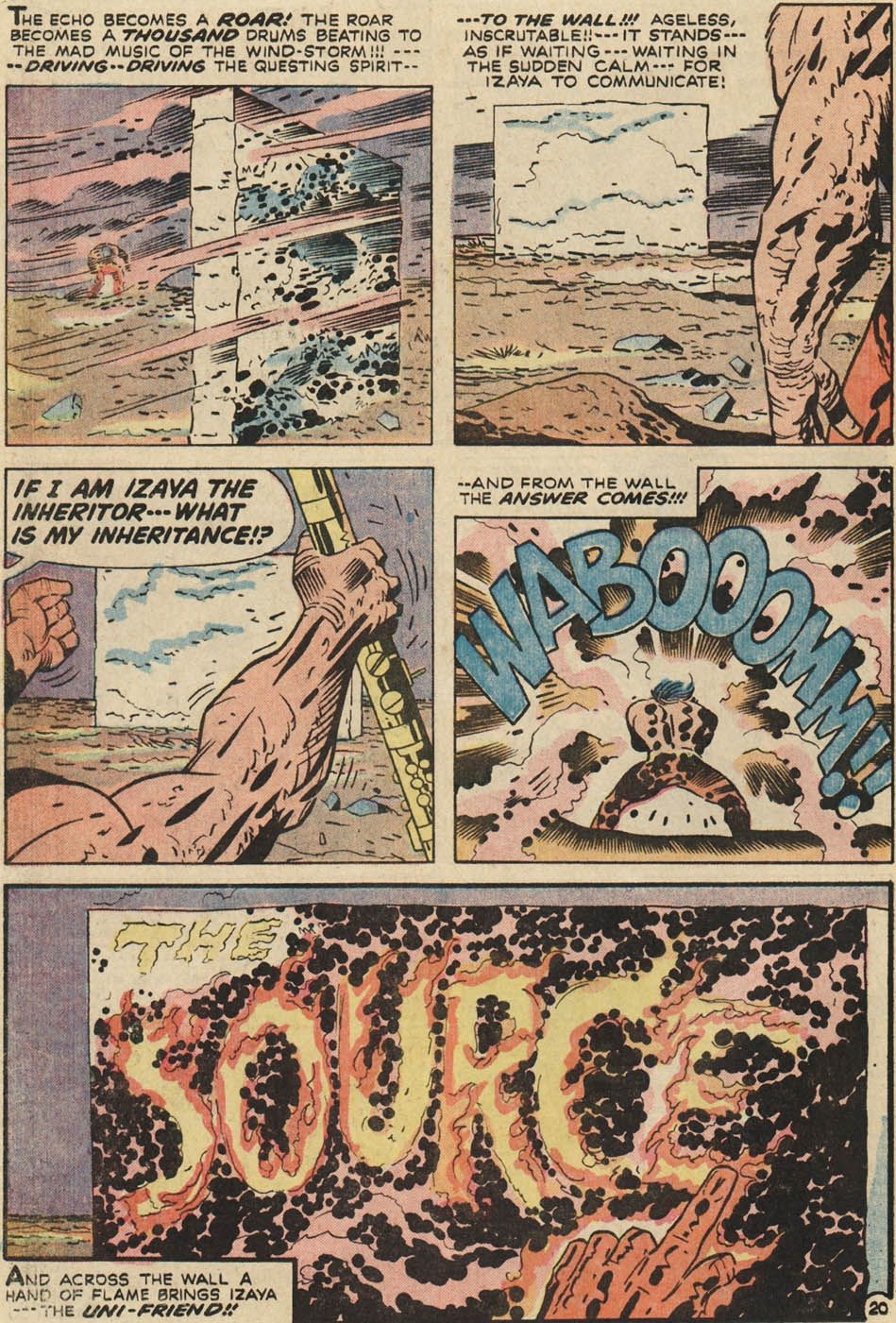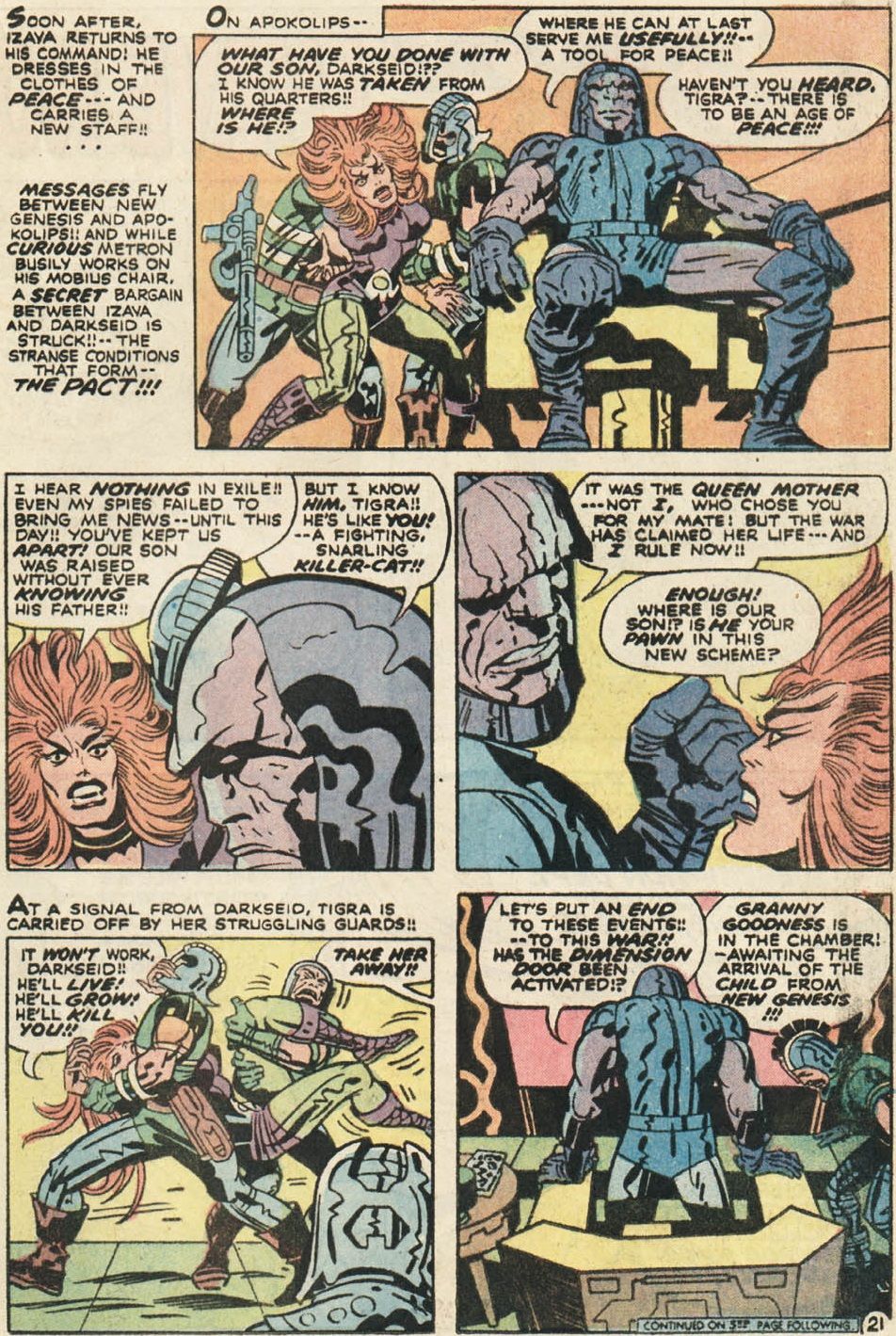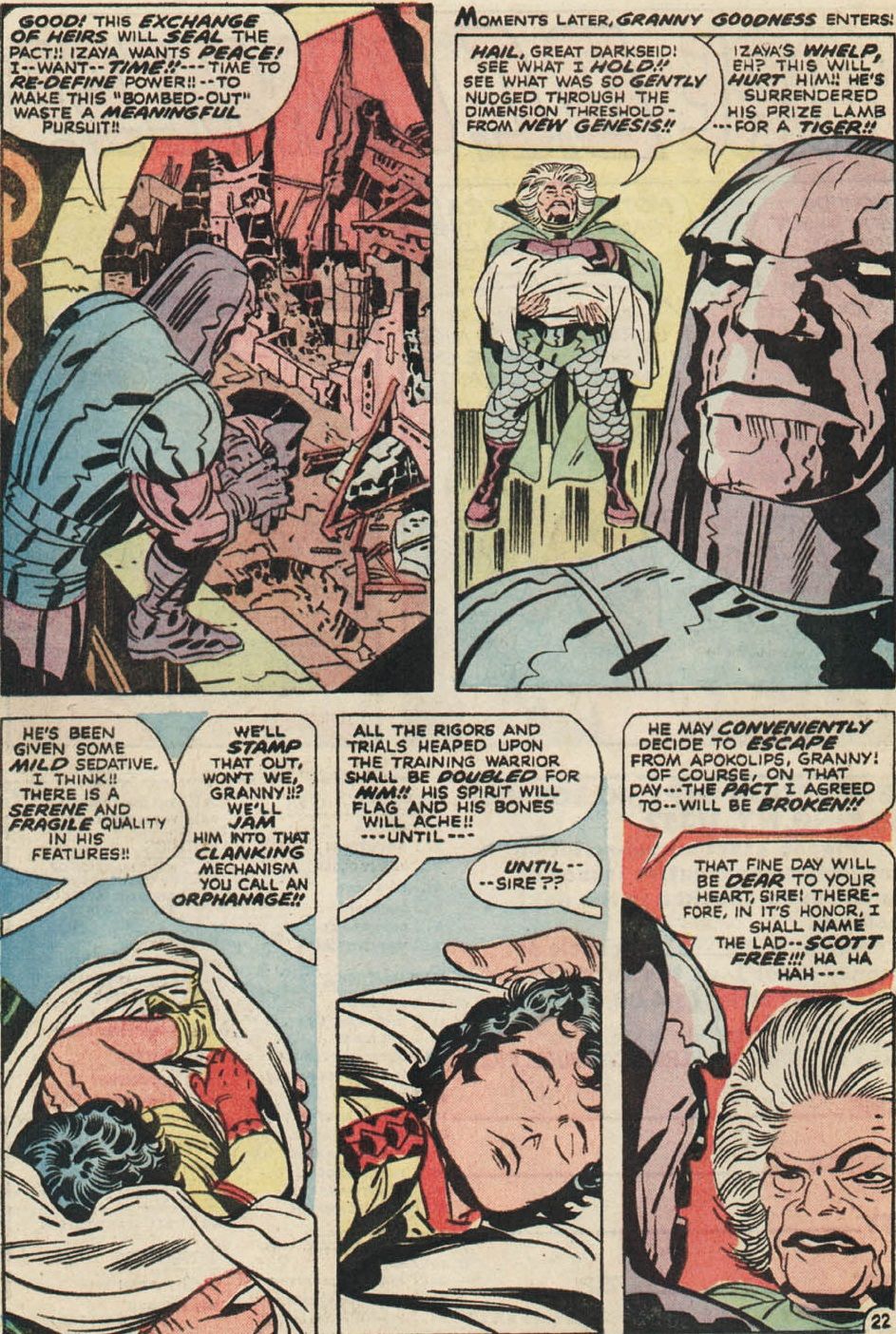Here are the next five writers that you voted as your favorites of all-time (out of roughly 1,040 ballots cast, with 10 points for first place votes, 9 points for second place votes, etc.).
NOTE: Don’t be a jerk about creators in the comments section. If you are not a fan of a particular creator, that’s fine, but be respectful about it. No insulting creators or otherwise being a jerk about creators. I’ll be deleting any comments like that and, depending on how jerky the comment was, banning commenters.
20. Jonathan Hickman – 588 points (5 first place votes)
Jonathan Hickman thinks on a different scale than most writers. He has these complex ideas of how his stories are going to go and he manages to tell entertaining individual stories while establishing a much larger narrative. I'm pretty sure it is Greg Burgas who jokes that while certain writers are "writing for the trade," Hickman is "writing for the omnibus." He spent years on the Fantastic Four telling effectively one loooooooong story and he is in the midst of a similar epic story with his run on the two Avengers books. Last year, he told one of the best superhero crossover comics Marvel or DC have had, mostly due to the fact that Hickman is so used to balancing his stories as he moves forward that he was able to adapt that approach to the comic book crossover.
Hickman is much, much more than just superhero comics, of course. He writes two of Image's best titles, the science fiction western, East of West, and the story of what the scientists at the Manhattan Project were REALLY up to. With these independent comics, Hickman is able to express some pretty wild ideas - he has used some out there plots in his superhero work, but his creator-owned work is at another level. Here, we see Albert Einstein at work...
Disturbingly awesome, right?
19. Denny O'Neil – 612 points (11 first place votes)
After breaking in at Marvel through the help of another writer on this countdown (on the next page), Denny O'Neil ended up at DC Comics in the late 1960s and soon made a real name for himself on both Green Lantern/Green Arrow (where he took the two heroes on a road trip across America finding themselves) and, most importantly, the Batman titles in the early 1970s. While editor Julie Schwartz was already heading for a darker Batman in the late 1960s (including working out a deal where Batman no longer HAD to be drawn by Bob Kane's studio), O'Neil really brought it to the forefront, especially as he famously revamped two of Batman's greatest villains, the Joker...
and Two-Face...
While also introducing Talia and Ra's Al Ghul. O'Neil was the primary Batman writer throughout the 1970s, working with artists like Neal Adams, Dick Giordano, Irv Novick and Bob Brown. After a stint at Marvel during the 1980s (including a run on Amazing Spider-Man and a extended run on Iron Man where he used his own experience with addiction to do a more realistic take on Tony Stark's alcoholism), O'Neil returned to the Bat-books in the mid-1980s to take over as the editor in charge of the line of comics. He brought in Frank Miller for Year One. O'Neil then guided the Bat-universe for roughly the next fifteen years. O'Neil would also still write from time to time again. He famously invented Azrael in a mini-series with Joe Quesada, all part of Knightfall, which was based on O'Neil's view that they should show people what a true "Grim and gritty" Batman would look like, and show why that would be a very bad idea. However, once that story was finished, O'Neil decided to try to redeem Azrael, and he did so by writing Azrael's ongoing series for the entire 100 issue run.
O'Neil retired at the turn of the 21st Century, leaving behind a vast multitude of awesome Batman stories and likely the greatest influence upon the character over the past 40 years.
18. Roger Stern – 629 points (8 first place votes)
I think the best attribute in Roger Stern's work is his heart. His stories tend to be rooted in the decency of heroes - his heroes have HEART, as it were. His Captain America has an interesting reaction to having to kill a vampire (as well as possibly running for elected office), one of the best scenes in his legendary "Under Siege" storyline in Avengers are those where we see the facade behind Captain America crumble a bit when he loses his only photo of his mother. When Stern left Marvel for DC, he brought that style with him to the Superman titles.
Speaking of "heart," here is "The Kid Who Collects Spider-Man," where Spidey visits his biggest fan (SPOILERS AHEAD! Just skip these images if you don't want to be spoiled on a comic that is nearly 30 years old).
Stern was an editor before he began to write a bunch of books for Marvel, and those skills allowed him to pretty seamlessly work his various books together.
Go to the next page for #17-16...
17. Roy Thomas – 644 points (15 first place votes)
While Stan Lee certainly introduced the idea of the Marvel Universe as a shared universe, Roy Thomas perfected the idea as he began to take over more and more writing assignments from Lee before taking over as Editor-in-Chief of Marvel Comics, the first full-time Editor-in-Chief other than Lee in over thirty years at the time.
Few comic writers are quite as thoughtful as Thomas, who was (and is) a great student of both comic book and pulp history, which led to him seeking out the Conan license for Marvel. Once he managed to acquire the Conan license, Thomas wrote the character for years, including introducing Red Sonja to the title.
Thomas was smart enough to know that he wouldn't own characters he created for Marvel, so he used his comic knowledge often to rather UPDATE old characters rather than create new ones himself. And even WITH that in mind, he STILL created one of the greatest Avengers villains of all-time, Ultron (plus the Vision, but the Vision was sort of based on the Golden Age Marvel hero of the same name). Vision's debut two-parter has two of the greatest endings in superhero comic book history. In the first issue, #57, Ultron is defeated and we got an awesome epilogue page...
While #58, now that Vision has proved himself to be a worthy addition to the Avengers, we ge to see his reaction to the news...
After giving up his Editor-in-Chief role, Thomas continued to work at Marvel throughout the 1970s, even helping to keep the company afloat with his idea of also acquiring the Star Wars license before the film came out. In 1980, Thomas left Marvel for DC (he was one of the Marvel writers who balked over the "no writer/edtiors" rule, along with Marv Wolfman) and carved out his own little corner of the sky with the Earth 2 heroes. He eventually introduced Infinity Inc., the next generation of Earth 2 heroes. His knowledge of history was in rare form while writing the Earth 2 heroes, as he got to write a lot of stories set in World War II (he also excelled back at Marvel on the Invaders, also a World War II series).
Thomas returned to Marvel as he 1990s began, writng Doctor Strange and Avengers West Coast.
16. Jack Kirby – 804 points (23 first place votes)
Jack Kirby had been creating popular comic books for nearly TWO DECADES before he co-created most of the Marvel Universe with Stan Lee. Lee used the "Marvel Method," where he would only plot a story, have the artist draw it and then Lee would add dialogue to the penciled work. Kirby, however, was such a talented storyteller himself that as time went by, Lee gave Kirby more and more freedom in the plotting of their comics together. On the Fantastic Four, Kirby was plotting by himself for the last couple of years on the title (likely the same for his Thor work).
For a variety of reasons, Kirby left Marvel for DC in the early 1970s, where he created a whole pile of new characters, most famousl the Fourth World characters, where the good heroes of New Genesis battle the evil villains of Apokolips. In the classic New Gods #7, we see how the two worlds came to a truce years ago (and how Darkseid always planned for it to break).
Kirby returned to Marvel in the late 1970s to write and draw comics for them, including Captain America, Black Panther, Devil Dinosaur and the Eternals. After doing some independent comic creations plus some more work for DC Comics, Kirby mostly retired by the end of the 1980s.

